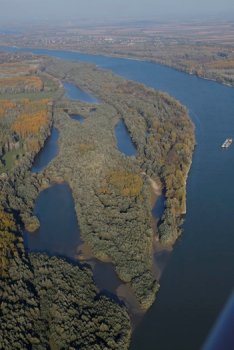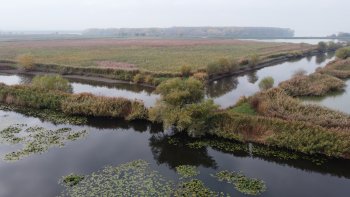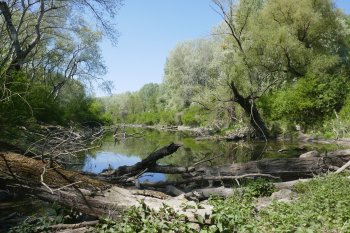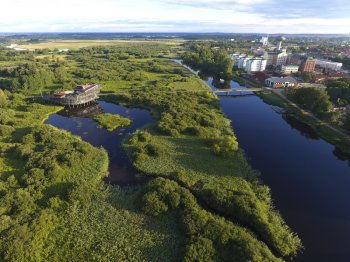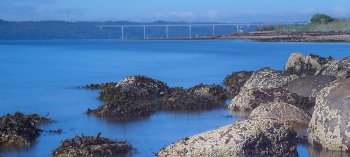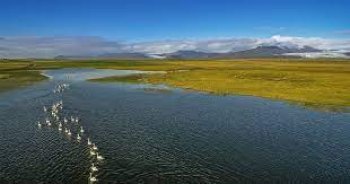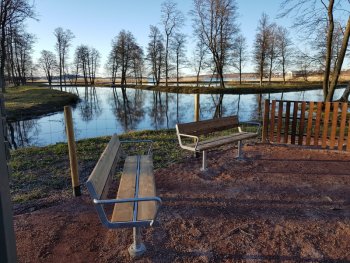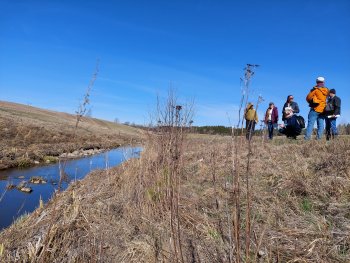Monitoring the success of Liberty Island, Hungary
The creation of a long-term, sustainable conservation model for white willow (Salicion albae) alluvial forests in Hungary and a more near-natural flow regime of the Danube. A core aim was to eliminate or mitigate the factors that threaten the habitats of community interest.
This case study is one of 17 that are part of the EU Horizon2020 project MERLIN - Mainstreaming Ecological Restoration of freshwater-related ecosystems in a Landscape context: INnovation, upscaling and transformation. Within MERLIN, the project area of the Liberty Island restoration is revisited to learn from...

